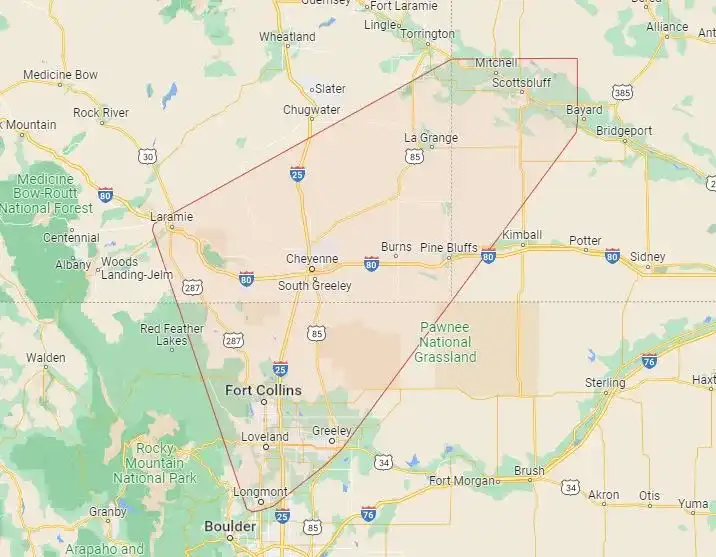Thyroid

A thyroid specialist might prescribe certain medications to address some low-risk disorders. However, certain situations may require a more invasive procedure involving the removal of the thyroid gland.
Thyroid surgery, also known as thyroidectomy, removes all or part of the thyroid/parathyroid glands. This procedure is often the treatment prescribed for thyroid diseases. The complexity of the surgery depends on the severity of the disease process. With specialized forms of equipment, the doctor can undertake thyroid surgery while ensuring that. The method also leads to shorter
stays in the hospital compared to other techniques and provides for minimal postoperative scarring.
Fortunately, a minimally invasive, and reliable solution through robotic thyroid surgery is available at Dr. Tierney’s surgical clinic.
Total thyroidectomy
The procedure involves removing the entire thyroid gland.
Isthmusectomy
This procedure removes the bridge of the thyroid tissue between the two lobes; used specifically for small tumors that are located in the isthmus.
Lobectomy
This procedure removes a lobe of the thyroid gland.
Transoral thyroidectomy
This procedure removes the thyroid gland through small incisions in the mouth.
Endoscopic thyroidectomy
This procedure removes the thyroid gland to see precise anatomic details greatly magnified through and endoscopic camera.
Before surgery
The steps followed before surgery are:
- An office visit for surgical consultation where a comprehensive history and physical exam is performed.
- Completion of clinical tests for work-up and staging.
- Multidisciplinary tumor board review for expert recommendation regarding treatment strategy.
After surgery
The type of surgical procedure done determines the kind of post-surgery care required. Post care after a surgical operation involves:
- A brief admission to the ICU is sometimes required for complex procedures such as a whipple procedure. Recovery then continues in the hospital ward for another three to five days. Procedures performed robotically typically have a faster recovery and can expect discharge from the hospital one or two days earlier than open procedures.
- The goals of postoperative care include: monitoring for and intervening on any complications that can occur, awaiting the resumption of normal bowel function, maintaining adequate hydration and nutrition, physical and occupational rehabilitation, and providing adequate pain control. Once these measures are met, the patient will be discharged from the hospital. Post-operative follow-up will be scheduled one week from discharge with Dr. Tierney.


